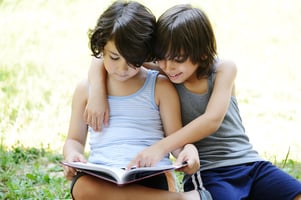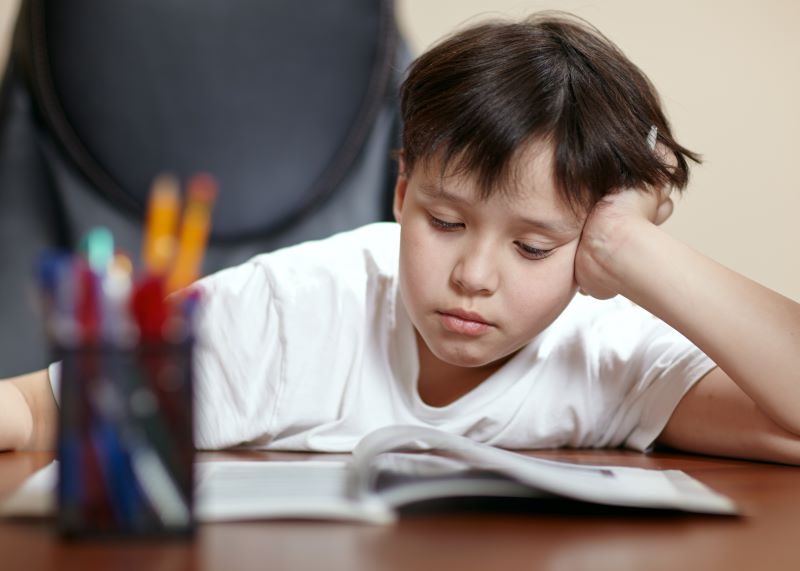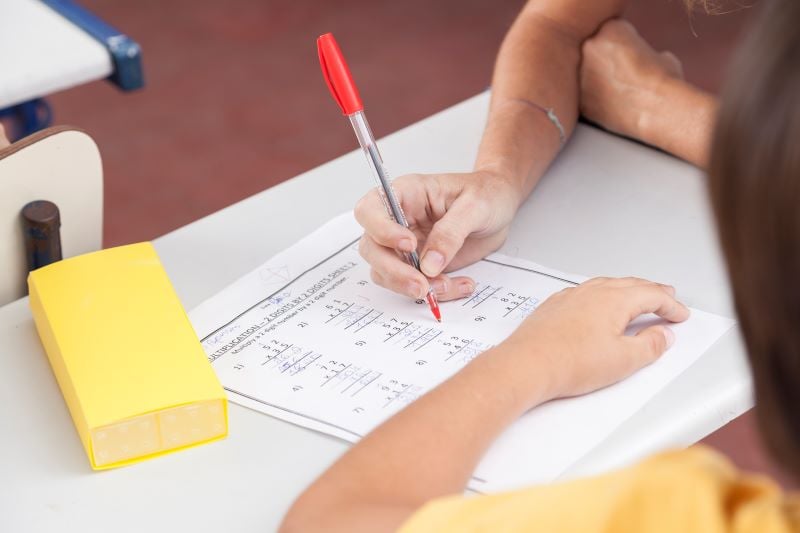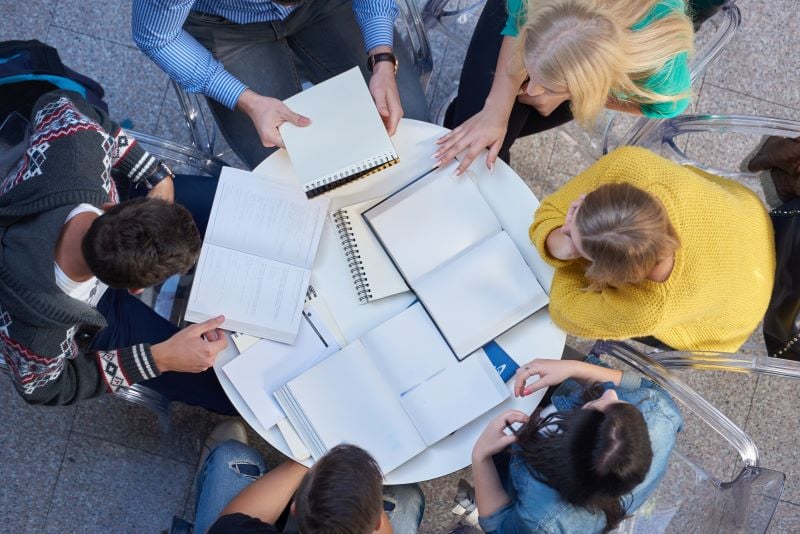
Ah, literacy. Easily the most important ability a person can have. For those of you who are unsure what exactly “literacy” means, literacy is your willingness to engage with language to understand and converse meaning in all aspects: reading, writing, spelling, and listening. Children who can read better understand what is being said and can use that knowledge and incorporate it into anything. They are able to make better sense of things. Not knowing how to read and write clearly results in not succeeding academically or in the real world.
According to an article titled “Why Does Literacy Matter;” a pdf article based off the book All Children Read, the author states “Literacy helps children to think in more sophisticated ways. Studies have shown that reading proficiency makes profound differences in people’s reasoning, their awareness of language, their understanding of themselves, and even their ability to formulate questions and learn about things they didn’t know.”
In order for children and adults to read efficiently, their needs to be steps done to help with understanding texts successfully. Andrea Behalova, Ph.D. who has had experience in teaching, research, administration, and leadership at universities, states that the three literacy skills a person needs is prediction, making connections, and asking questions.
Predictions. When a child or young adult sees a title of a book, they should make predictions in regards to what the story might be about. Besides the title, they can skim through and make predications based off pictures, charts, and diagrams in the text. Doing this will help them get a feel on what the text could be about and help them better understand what they are about to read.
Making connections. Ellin Oliver Keene and Susan Zimmerman, authors of Mosaic of Thought: The Power of Comprehension Strategy Instruction concluded that students grasp concepts better when they make different kinds of connections. These connections are:
Text-to-self
Text-to-text
Text-to-world
Text-to-self is when readers use information they read and relate it to themselves. This can be a character relation, or maybe an experience they read in the book is similar to something they underwent.
Text-to-text is used when readers are reading and that particular scene or scenario in the book reminds them of something they previously read in another book. This helps readers gain insight because during reading, they can think about how the information they just read connects to other books they have read.
Text-to-world are connections that relate to the bigger picture; the world we live in. We learn about what occurs in the world by listening to the radio, watching television, or reading a newspaper or magazine. A reader can relate that information that was read in a text and connect it to what is currently happening or has happened in the world.
Using these types of connections help readers make sense of the text in different ways, helps them become more actively involved in what they are reading, and helps them have a clearer image of what they read.
Asking questions. In order to fully understand text, readers should ask questions whether it is to themselves, a friend, or a teacher. Questions that the reader can ask can vary from “What did I just read? “What will happen next?” or if the reader does not fully understand what they read, they can ask their teacher or maybe search for an answer online to gain a clearer understanding. Asking questions engages readers more and causes them to reflect on what they just read. Readers will also be able to understand and recall the information when need be.
Sources:
Behalova, Andrew. “Literacy matters: three simple steps for reading effectively.” University of New York in Prague. 16. June 2017. Web.
“Making Connections: Text to Self, Text to Text, Text to World – Diane Kardash.” Google Sites. Web.
Temple, Charles A., Donna Olge, Alan N. Crawford, and Penny Freppon. All children read: teaching for literacy in todays diverse classrooms. 4th ed. Upper Saddle River, NJ: Pearson Education, Inc., 2017. Print.
“Why Does Literacy Matter?” Web. Available at: https://www.hws.edu/about/pdfs/literacy_matter.pdf.





